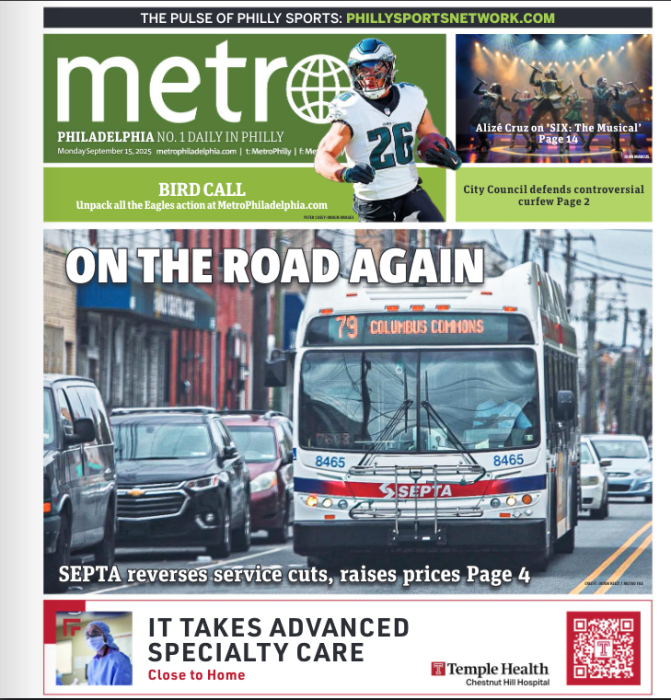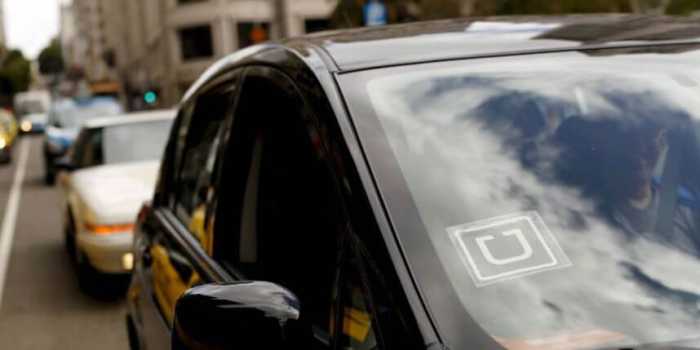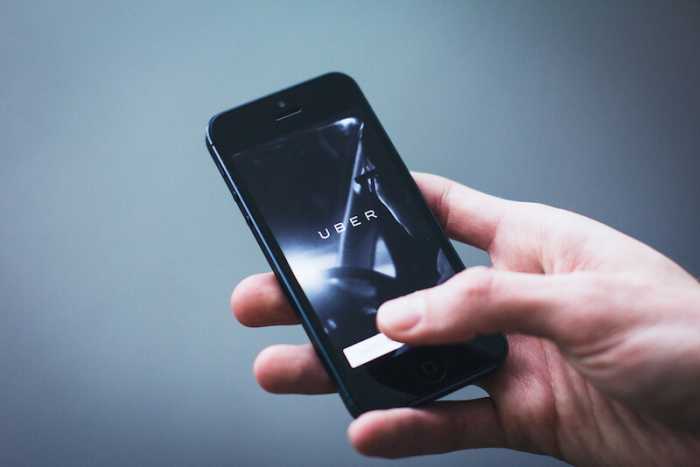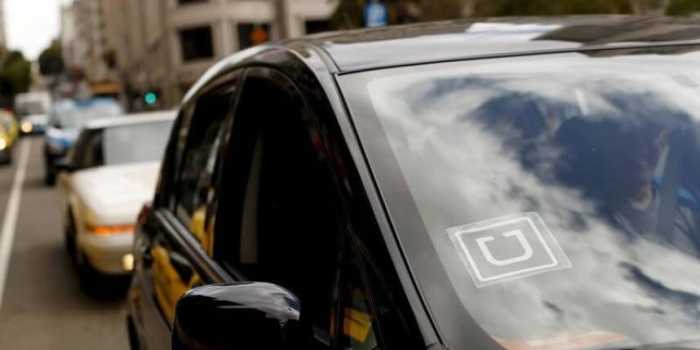Even as they have sparked outrage, protests, and lawsuits, the mega-popular new taxi apps that turned the traditional cab industry on its head say they’ve delivered significant economic benefits to the cities where they operate. Lyft suggests in its 2017 economic impact study that it has brought roughly tens of millions of dollars in benefits to Philadelphia in terms of increased economic spending and savings to customers. “Lyft is proud to be providing flexible economic opportunities for drivers, improving transportation access for passengers, and increasing economic activity in Philly,” Andrew Woolf, Lyft’s Philadelphia general manager, said in a statement. “This study also shows that ridesharing helps make Philly safer: 81 percent of passengers are more likely to avoid driving while intoxicated because of Lyft.” Lyft passengers have brought $38.6 million worth of “new spending” to the local economy in Philadelphia, according to Lyft’s economic impact report, which was released on Monday,
Seventy-eight percent of Lyft’s passengers use the app to commute to restaurants and entertainment, according to company’s study.
Meanwhile, 42 percent of Lyft passengers said in a Lyft survey that the app helps them spend more at local businesses. About 64 percent said Lyft provides more access to more areas, and 67 percent said they have gone out more frequently and stayed out longer because of Lyft. Lyft also estimates that its service has saved passengers about one million hours over alternative transportation, a value of $23.2 million, the report states.
The company notes that it provides a supplemental source of income for Lyft drivers.
Eighty-two percent of its drivers need the flexible hours that working for Lyft provides, the company report states. Thirty-two percent work in creative professions, and 20 percent are small business owners. Lyft’s drivers in the Philadelphia area are 70 percent racial or ethnic minorities, and 34 percent are female. the report states. Nine percent are veterans.
Lyft began operating in Philadelphia in early 2015. It first became fully legal in November after Gov. Tom Wolf signed legislation legalizing Lyft, Uber and similar taxi apps.
Lyft claims taxi app lifts fortunes in Philly
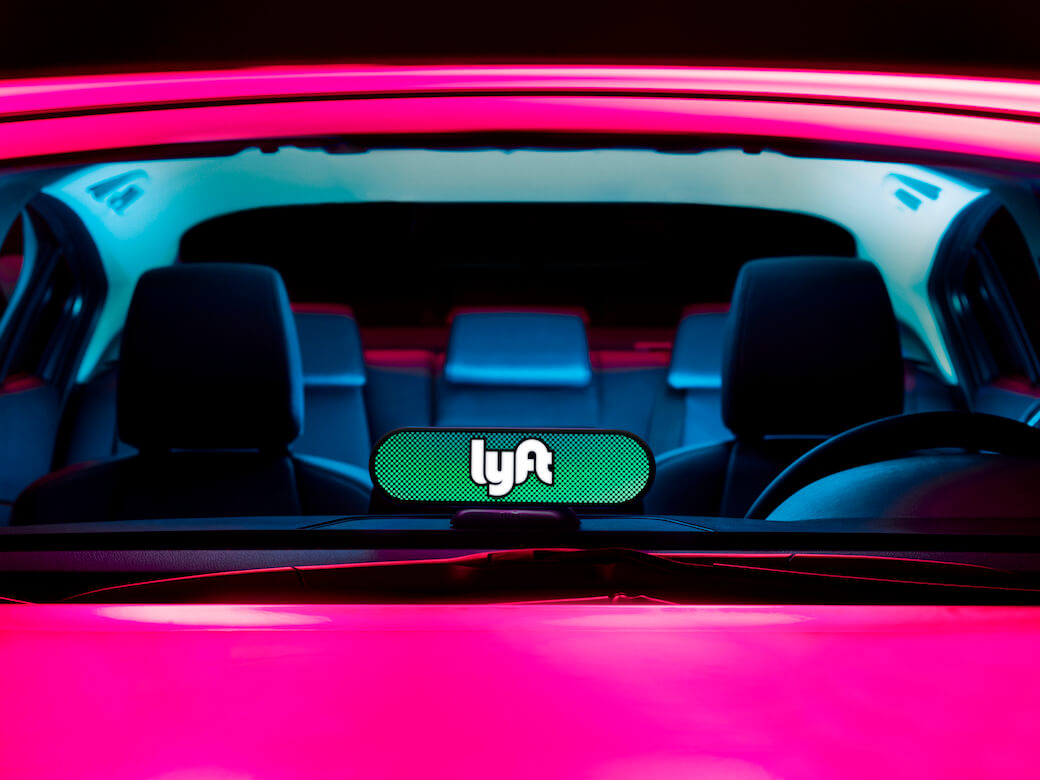
Provided
